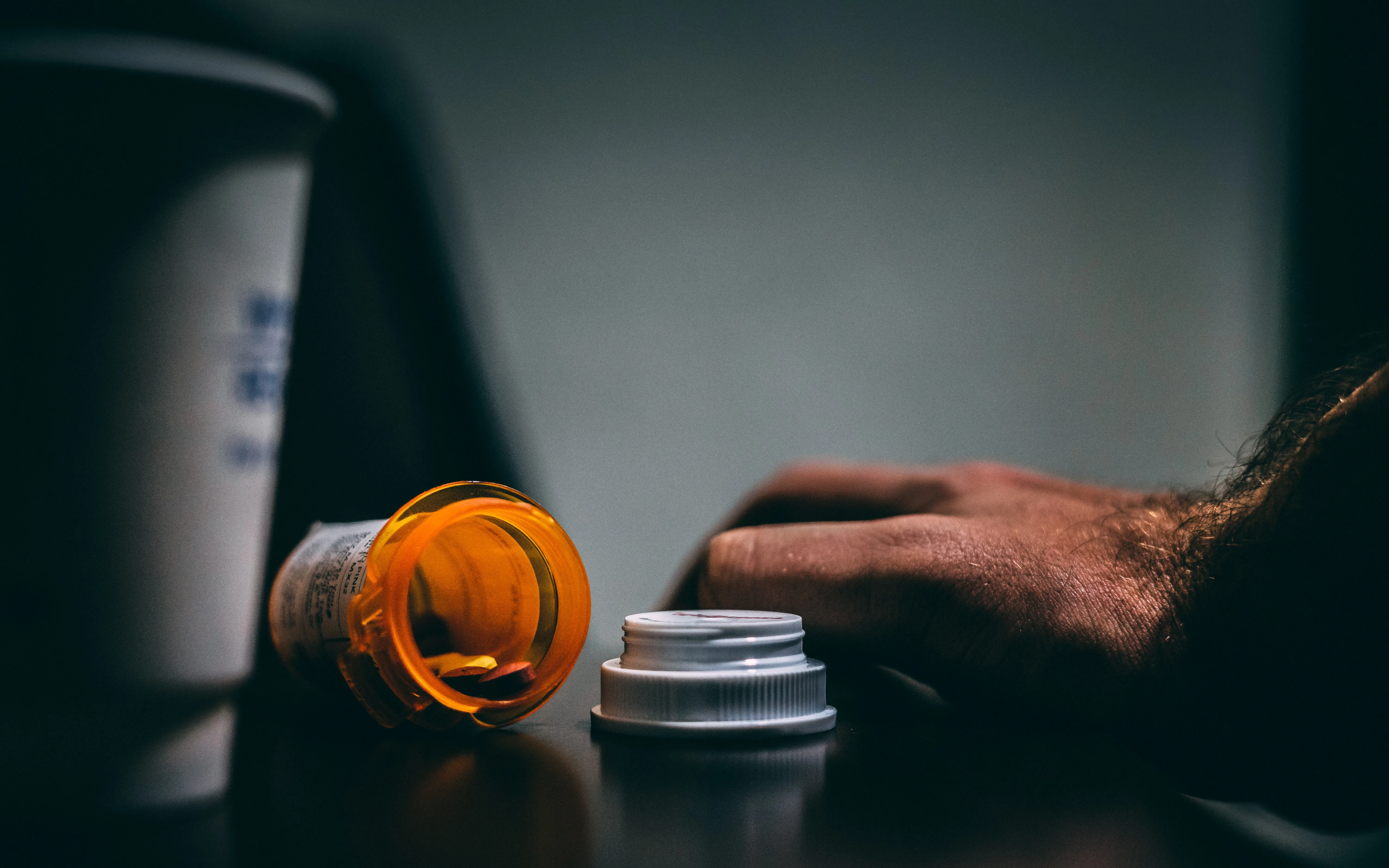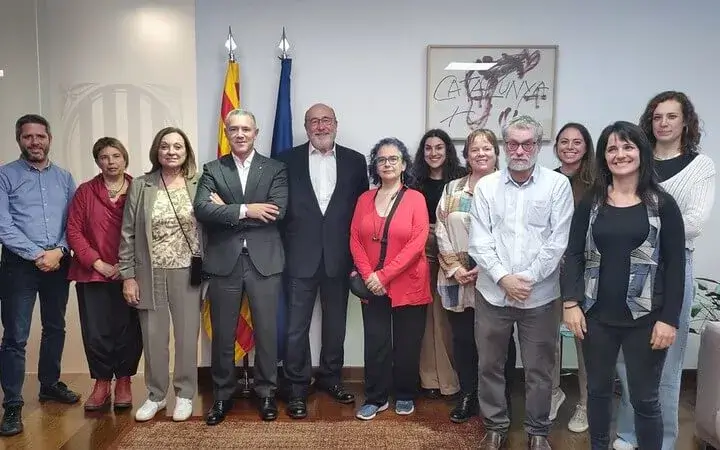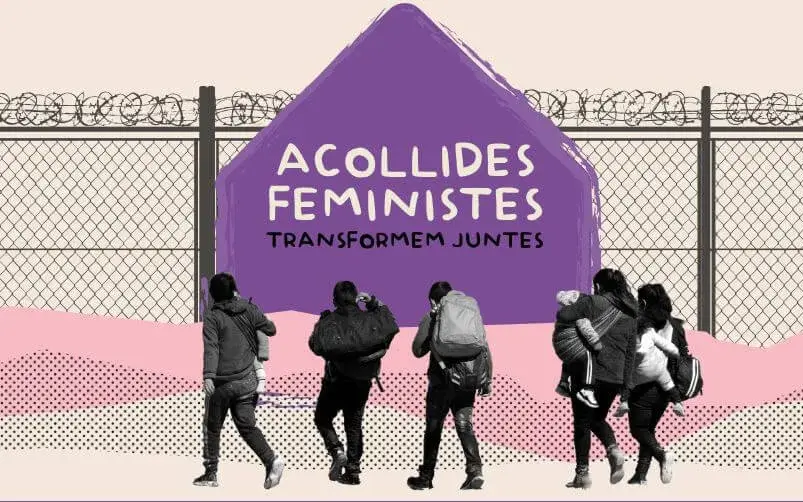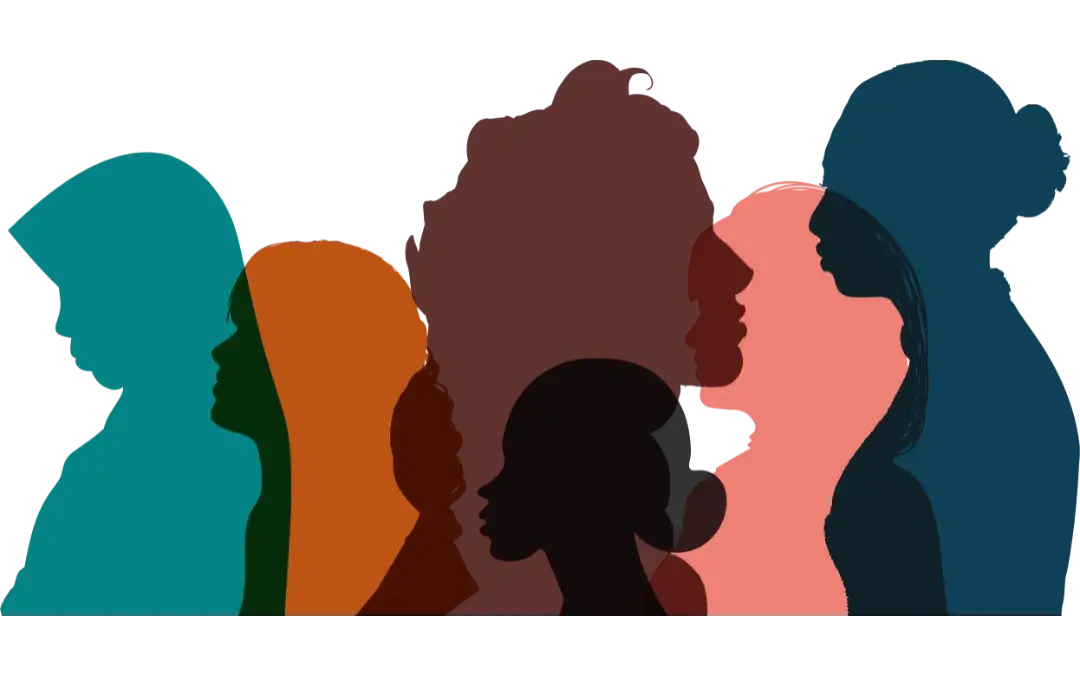The organisation, which is active in the municipalities of Badalona and Santa Coloma de Gramenet, works at a community level to prevent and support drug users.
In the 80s’ there was a boom in the use of drugs in the streets of marginalised areas that gave rise to unrest and concern among neighbours, as well as in the administration.
It was in this context that the “Autobús de la Metadona” (the Methadone Bus) started driving around the neighbourhoods of some municipalities, stopping for twenty minutes to offer support to drug users. This service was the seed of what later became the Group of Users and Professionals of the Methadone Bus (AUPA’M), which was created some years later, in 1996.
Carme Romera Sánchez, a social educator and teacher, tells us how, unfortunately, when it comes to drug dependency, this doesn’t hit the headlines or generate a social interest. She wonders if this is because of lack of knowledge, lack of empathy or a mix of both.
How important is the social dimension behind drug dependency?
It means a world. I would say it is almost all about the social dimension. Historically, drug use has been shrouded in prohibition. For people living on the fringes of legality, this carries terrible consequences at many levels. It’s a failure for those wanting to wage a war on drugs, and has a huge impact on health and the social status of drug users. They live in almost total isolation and exclusion and I believe receiving support is essential and that more organisations from the third sector should provide this support.
What kind of prevention work do you do?
At present we have established four areas of prevention: general, for the population at large; selective, for people who use drugs in a non-problematic way; targeted, for people who are experiencing first situations of risk and dependency; and specific, for people living with addiction and who are in a situation of social exclusion.
But it makes no sense to do all this work unless we are able to foresee how people end up in these stages and if we only deal with them once there is a problem, because this is what gets funds for support services.
Maybe it should stop being taboo...
Indeed, society should talk about this more openly. Otherwise, what happens is that someone with an addiction comes to you; you refer them to a psychiatrist thinking the problem stems from drugs. The real problem isn’t drugs, but what happens during the 10 years before the problem hits.
As always, we are always running behind. If we take a look at adolescents today, what we see is that addictions come from screens, social media, food, energy drinks…
What can we do with these new forms of addiction?
What we shouldn’t do is to use one-off actions. This must be dealt with in a crosscutting way and also in the family and at a community level; more importantly, this needs to be talked about. Nobody wants to admit they’re a junkie or that they are trapped in an addiction, because of the stigma it carries.
This is why we need to learn from what we’ve lived and work with acceptance and naturally, without judging, to try and avoid a person who is in a situation where they’re losing control to become isolated.
Lastly, what can be done to improve?
We need resources, professionals, political will, work plans… Today we are rushing to put out fires, with one-off actions, and it’s simply not acceptable.
Politicians need to take a brave step and speak up about the need for support, rather than punishment. We need more teams out in the streets. We ultimately need to continue fighting so that drug dependency is dealt with from a social perspective.







Add new comment